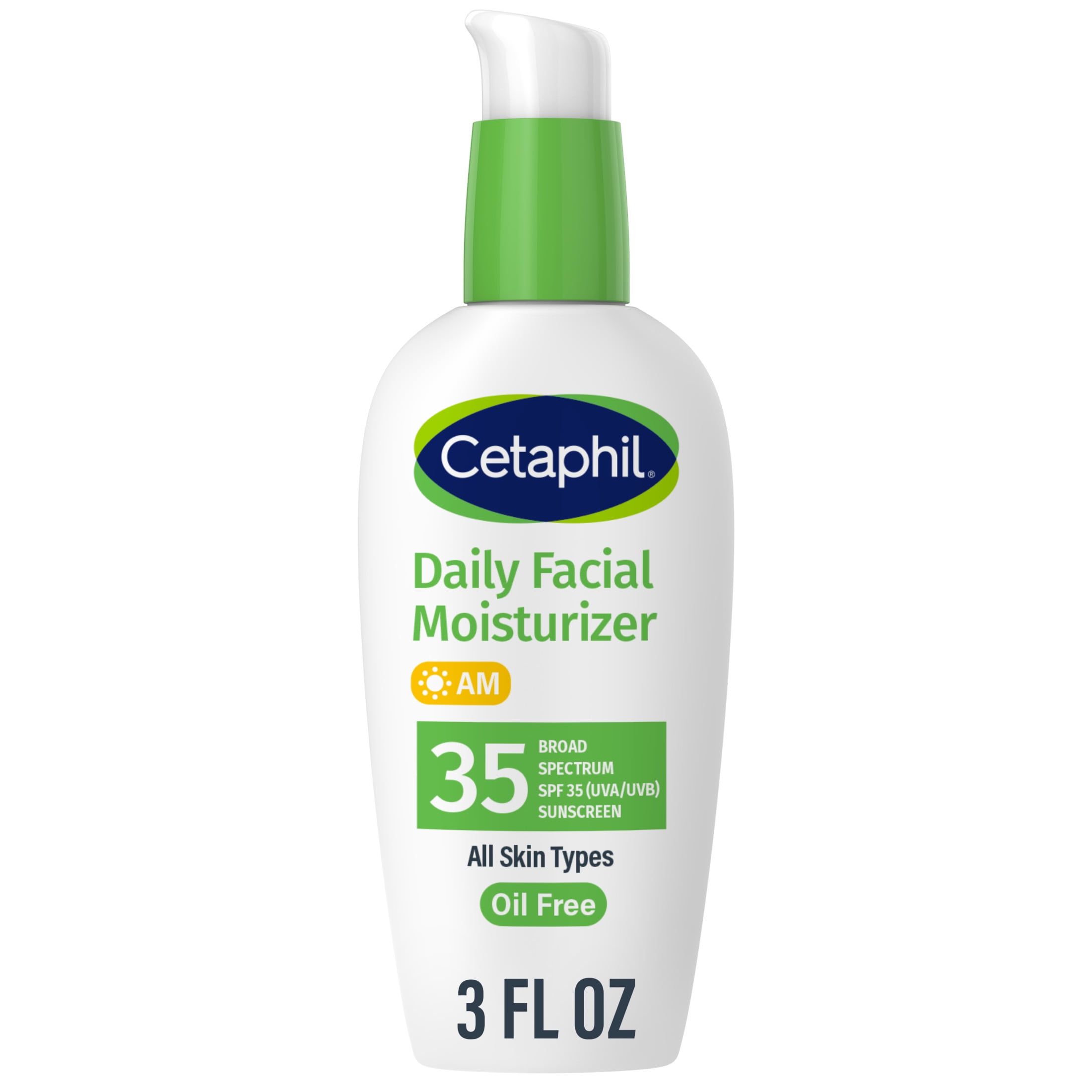A2102 Insights
Explore the latest trends and news on technology, lifestyle, and more.
Moisturizer Madness: Why Your Skin Craves a Hydration Party
Unlock the secret to dewy skin! Discover why your skin is begging for a hydration party and which moisturizers are the ultimate game-changers.
The Science Behind Skin Hydration: Understanding Your Moisturizer's Role
Understanding skin hydration is crucial for maintaining a healthy complexion. When your skin is well-hydrated, it appears plumper, smoother, and more radiant. The primary role of a moisturizer is to provide and retain moisture in the skin’s outer layer. Moisturizers typically contain a combination of humectants, emollients, and occlusives. Humectants draw moisture from the environment into the skin, while emollients fill in gaps between skin cells, smoothing the surface. Finally, occlusives form a barrier that seals in moisture, preventing transepidermal water loss (TEWL). Understanding these ingredients can help you choose the right moisturizer for your specific skin type.
A well-formulated moisturizer not only hydrates the skin but also supports the skin barrier, which is essential for overall skin health. When our skin barrier is compromised due to factors like environmental stressors or harsh skincare products, moisture loss increases, leading to dryness and irritation. Regular use of an effective moisturizer can help reinforce this barrier, keeping your skin hydrated and protected. Remember, the key to successful hydration is consistency; incorporating a moisturizer into your daily skincare routine will yield the best results over time. By prioritizing skin hydration, you're investing in your skin’s long-term health and appearance.

5 Signs Your Skin is Dehydrated and How to Rescue It
Dehydrated skin can often be mistaken for dry skin, but it is crucial to recognize the difference. Signs of dehydrated skin include tightness, dullness, unexpected breakouts, and increased sensitivity. If you find your skin feeling tighter than usual, particularly after cleansing, it's a strong indicator that you may be dealing with dehydration. Another common sign is a lack of radiance or a dull complexion, highlighting the need for immediate attention to restore your skin's natural glow.
To rescue your skin from dehydration, incorporate hydrating products into your routine. Make sure to use a moisturizer that contains hyaluronic acid, as it effectively locks in moisture, and consider adding a humectant serum prior to your moisturizer for an extra boost. Additionally, maintaining a consistent hydration routine by drinking plenty of water and avoiding excessive exposure to drying agents like hot water or harsh cleansers can significantly improve your skin's condition. Remember, keeping your skin well-hydrated is key to achieving that vibrant and healthy appearance.
Is Your Moisturizer Working? Common Mistakes You Might Be Making
Understanding whether your moisturizer is effective can be challenging, especially with the myriad of products available on the market. One common mistake many people make is using a product that doesn't suit their skin type. For instance, dry skin requires a heavier, oil-based moisturizer, while oily skin benefits from lighter, water-based formulas. Additionally, applying moisturizer on dry skin without first using a toner or serum can lead to suboptimal results, as these steps help to prepare the skin and enhance absorption of hydrating ingredients.
Another frequent error is not giving the moisturizer enough time to absorb before applying other products. Allowing your moisturizer to settle into the skin for a few minutes is crucial, as layering products too quickly can dilute their effectiveness. Furthermore, consider the frequency of application; many people neglect to reapply moisturizer throughout the day, especially in harsh weather conditions. To maximize the benefits of your moisturizer, make sure to follow a consistent skincare routine and listen to your skin's unique needs.